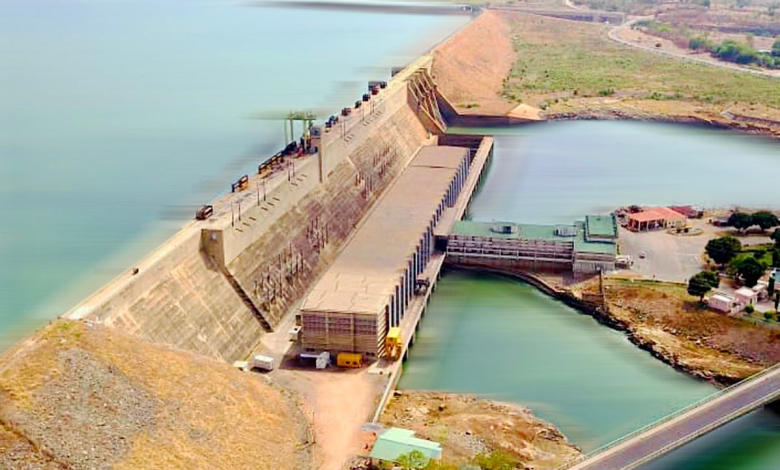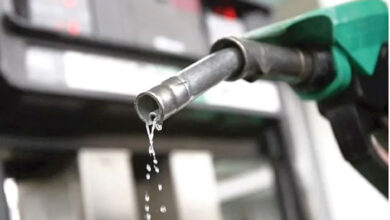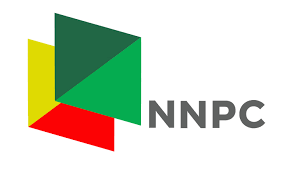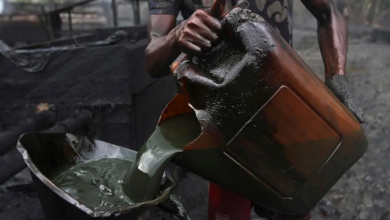Regulation, Policy Frustrate 14,120 Megawatts Hydro Power

There are strong indications that the Federal Government may have failed in its policy and regulatory direction towards harnessing existing 14,120MW of exploitable hydropower despite the country’s gross energy deficit.
While hydropower currently provides the cheapest form of electricity on the national grid, $7.1 billion Mambilla Hydroelectric Power Station of 3,050MW and the 700MW Zungeru Hydroelectric Dam prospects have remained a mirage, instead additional $3.55 billion is being borrowed to import and install solar for rural electrification despite available hydropower resource across Nigeria’s communities.
Last year, the Bureau of Public Enterprises (BPE) stated that 12 small hydropower plants would be concessioned, as the Director General of the agency, Alex Okoh, said the organisation had inaugurated a project delivery team for concession of the facilities, but the plan has remained on the drawing board.
Although the power sector in Nigeria has been partially privatised, most of the hydropower plants are still in the hands of government, but concessioned to managers who generate revenue for government, yet, government has to borrow to finance hydro-related projects.
The worry for stakeholders is that the country’s electricity grid is dependent on fossil fuel at a time the rest of the world is adopting options to mitigate climate change.
With the cost of energy going overboard for a population with rising poverty and unemployment while the Nigerian Electricity Regulatory Commission (NERC) had since 2020 embarked on tariff review every six months, most stakeholders told The Guardian that government must prioritise hydropower, which accounts for lesser tariff in the Multi Year Tariff Order (MYTO).
This is coming at a time Nigerians bear the burden of 45 per cent Aggregate Technical & Commercial (AT&C) losses amid the borrowing of over N1.3 trillion to address gas-related issues, just as lingering bottlenecks impede the relationship between owners of gas-fired electricity plants and gas producers.
While the global community transits towards cleaner energy, about 80 per cent of the 17 active generation plants on the Nigerian electricity grid as at 3:00p.m. yesterday, were gas powered. But while the total generation on the grid was 3,575.50MW, three hydro plants accounted for almost half of the generation with Kainji, Jebba and Shiroro generating 1,400MW.
Though the Federal Government has in recent times borrowed over $3.5 billion to finance solar electricity, imported dominantly from China, many stakeholders told The Guardian that it was high time government redced the country’s debt profile to enable investors develop the nation’s hydropower potential without government’s financial support.
Nigeria had recently secured a $1.5 billion loan from the US-EXIM Bank to boost solar power infrastructure while it secured $550 million financing for the Nigeria Electrification Project from the World Bank and African Development Bank.
Nigeria country director, World Bank, Shubham Chaudhuri, had similarly said the apex bank aims at committing over $1.5 billion towards the country’s energy transition plan.
Although an electricity bill is at the National Assembly, most stakeholders are worried that the proposed legislation ignored the potentials of hydropower, even as the recently launched energy transition plan did not create a feasible leeway to the sector.
According to the World Bank collection of development indicators, over 76 per cent of people living in rural communities in Nigeria as of 2020 have no access to electricity. The fund being borrowed by the Federal Government as well as others coming through the Rural Electrification Fund (REF) is usually spent through the Rural Electricity Agency (REA) to finance solar projects.
With water resources in some communities, stakeholders believe that developing marginal hydro resources independent of government funding across these communities would drastically reduce importation of solar, thereby reducing pressure on foreign exchange, while limiting the country’s debt, which has already risen to N42.8 trillion.
The Managing Director of Mainstream Energy, Lamu Audu, noted that the country has a long way to go in developing existing hydro resources when compared to the progress being made in other countries.
“Hydropower can easily be developed in rural areas and can be run off-grid. The technology is not so sophisticated and you do not need so much to manage these facilities.
“Most of our people actually live in rural areas, but they lack access to electricity today, while we have all these rivers running around the whole place.
“If we generate just 500 kilowatt, it can serve all the people in a community. But the government will need to come up with a policy to drive hydropower. Whether you call it a legal framework or whatever you name it, we need policies to be able to really get people to invest,” he said.
Audu, whose company currently manages Jebba and Kainji hydropower, insisted that the current environment would not attract investors, noting that the government must address prevailing bottlenecks if it is going to halt borrowing and bring private investors to drive the market.
Partner, Energy Utilities and Resources, PwC, Habeeb Jaiyeola, is worried about the limited capacity to evacuate existing electricity generation in the country, adding that developing options for off-grid and export markets in the face of foreign exchange challenges could be a game changer for the country’s hydro resource.
According to him, the ability to harness the country’s hydro resources will decarbonise the grid. To finance hydro resources, Jaiyeola said regulation and policies remained sacrosanct to enable free flow of market and the forces of demand and supply.
Jaiyeola also noted that the government may need to allow investors to recoup their investment while generating and being able to sell power across the board.
Executive Director, Green Growth Africa Sustainability Network (Green Growth Africa), Dr. Adedoyin Adeleke, noted that hydropower provides the cheapest source for electricity generation, adding that the country has sufficient water head in different parts for decentralised exploitation and generation.
Adeleke stressed that although there has been strong emphasis on domestic use of gas for energy generation, hydropower provides comparative economic, social and environmental advantages.
“Unlike gas, whose supply is often negatively impacted by security challenges, hydropower generation can be more stable in supply once the technical feasibility for the two major seasons have been properly assessed.
“Moreover, the price of gas has increased by more than 100 per cent in the last eight months, hence, affecting its affordability and use. Moreover, gas has significant contributions to climate change relative to hydropower generation (even in its entire lifecycle),” he said.
An energy expert, Madaki Ameh, noted that hydropower remained the future of energy in Nigeria, considering the vast free flowing rivers and streams scattered all over Nigeria.
“The technology to deliver hydropower efficiently and cheaply is readily available globally! Why Nigeria is not taking advantage of this fully, beats my imagination. The future is in green energy, and Nigeria has a whole lot to benefit if we mainstream this readily available source of energy, through major hydropower projects and mini grids. A focused national policy in this regard is long overdue,” he said.
MEANWHILE, the Federal Government’s Transmission Company of Nigeria (TCN), yesterday, in Abuja said electricity expansion infrastructure being constructed by President Muhammadu Buhari is enough to serve the Federal Capital Territory (FCT) for the next 50 years without the need for any new investment, especially substations.
Managing Director of TCN, Sule Ahmed Abdulaziz, said the President would before the end of his administration next year commission 1,465MW transmission line and 870MW transformers located in Dawaki, Apo, Lokogoma, Lugbe and Kuje areas of FCT.
Privatised in 2013, electricity has remained a major puzzle for Nigeria as industries and homes face persistent epileptic supply.
Although the government controlled-TCN is regularly seen as one of the biggest bottlenecks of the sector, Abdulaziz insisted that the narrative is changing.
Conducting journalists through the level of work done across the projects, The Guardian observed that while three of the projects are at the verge of completion, two being handled by General Electric are far from being completed.
The development had thrown Abdulaziz at loggerheads with the contractors as he expressed dissatisfaction, adding that the government would ensure that the attitude to work change immediately.
But The Guardian gathered that government-related challenges may have compounded the development as port-related issues still trapped some of the transformers and imported kits necessary for the project, while release of fund and losses to COVID-19 impede the project.
Aiming to improve supply to the FCT, the project, financed through French Development Agency, comprises five projects with total capacity of 1465 megawatts (MW) transmission line and 870MW transformers.
Expressing satisfaction over work done in Dawaki, Kuje and Apo, Abdulaziz said the projects would be completed and ready for commissioning by December this year.
“This is a plan, which the present administration has put in place, to make sure that for the next 50 years, there will be no need for other substations in Abuja.”
Source: guardian.ng





